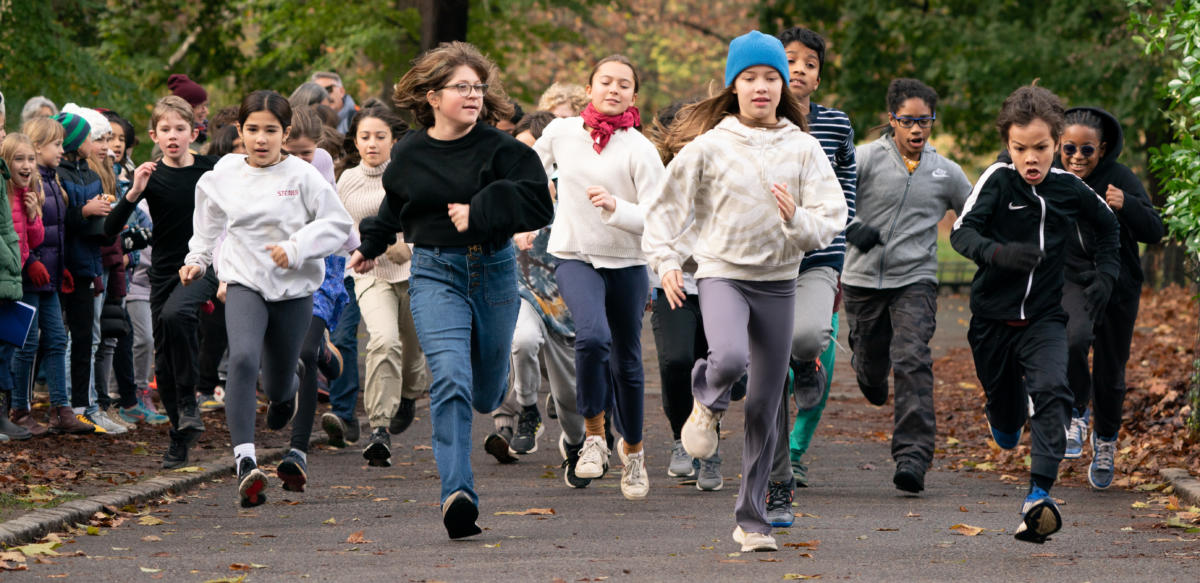WHAT DOES IT MEAN TO WIN A RACE?
“Grit has two components: passion and perseverance”
— Angela Duckworth
During one sixth grade PE class, a student asked me: “If you don’t win the race, what is the point of running?”
A distance running race is a unique sport. If you saw the NYC marathon, there were about 50.000 runners. How many of them are setting a goal to win that race (meaning finishing first)? It may be only 100. Then, what is the goal and purpose for running the race for the rest of the 49.900 runners?
To determine the order of runners in the marathon, the age group and the average running time are computed. This will allow to determine the ranking within the group. You can win the race in this category.
Additionally, the beauty of running a race is that you can set your own goal in a variety of ways. For example, by breaking your previous record, by running the race without walking or stopping, or by crossing the finish line no matter what. You can set a goal to win a race from all these perspectives.
I think that is the beauty of the distance running race.

During our lessons, I acknowledged three fast runners who completed the run in less than 5 minutes – which was impressive. At the same time, I wanted to bring attention to those runners who have improved their time considerably from the previous running race in our PE class. One of the students improved his record 1.50 seconds – which was incredible. He is not the fastest runner, but he challenged himself to break his record and that made my day.
Long-distance races are a great learning experience for children. In other words, runners will not only develop endurance and improve their running skills, but also learn strategies such as how to complete the race and how to prepare in advance. This can apply to many areas of life as well.
by Chikako Miyoshi | Lower School Physical Education & Movement


